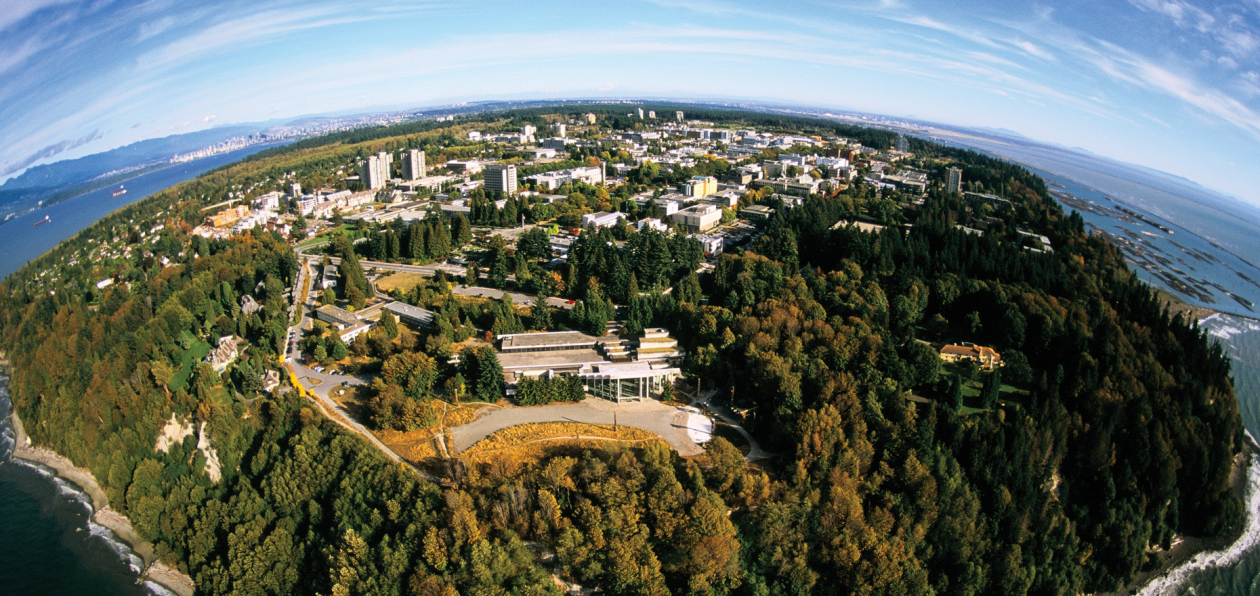I had so much fun playing vollycrosse. Using a lacrosse stick isn’t something I have done for over ten years. It felt good to build up the skills in my physical literacy tool belt before I begin to teach others. This summer I had some training on physical literacy, but one very important point was left out. They forgot to mention that physically literacy is something you are constantly developing. To me this is one of the most important things about physical literacy. I don’t feel as if my physical literacy is something that is strong. It is great to know that this year (and until I die) I will continue to develop my physical literacy. I am looking forward to creating an environment where I will attempt to meet all the students needs. There are a few things I think are important to be able to do this. First is that the environment has to be safe and feel safe. It needs to be somewhere that each student knows that taking risks and making mistakes is okay. It is also important that we are assessing students on their literacy journey every moment we can and making adaptations to activities when needed. It may be an arduous task to make sure all students’ needs are met, but it will be worth it. I am looking forward to learning more ways that I can create an environment where all students feel they are heard and are challenged in an appropriate way.
One thought on “Week 3 – Group a post – Carrie”
Leave a Reply
You must be logged in to post a comment.

Hi Carrie! (Sorry for the late comment..)
I’m so glad that you mentioned the very important point that physical literacy, as with any literacy, is a life long process. Because literacy occurs on a spectrum, without a definitive ‘end point’ where complete literacy is achieved, it becomes apparent that each person may be at completely different points in their literacy journey and so we cannot compare our students (or ourselves for that matter!) to others. This forces us to rethink the way we assess our students and ourselves- instead of thinking in terms of what they/we can’t do, we can consider how far they’ve/ we’ve come. This approach can also inspire our students/ ourselves to keep working no matter where we are placed on the physical literacy spectrum because there is always room for improvement.
All of this reminds me of something that I’ve been taught- “when asked a question that you don’t know you should never reply with simply, “I don’t know”, but instead “I don’t know YET.” I recognize this is a way to not view oneself as incompetent for not knowing but simply enabling one to recognize areas for improvement.